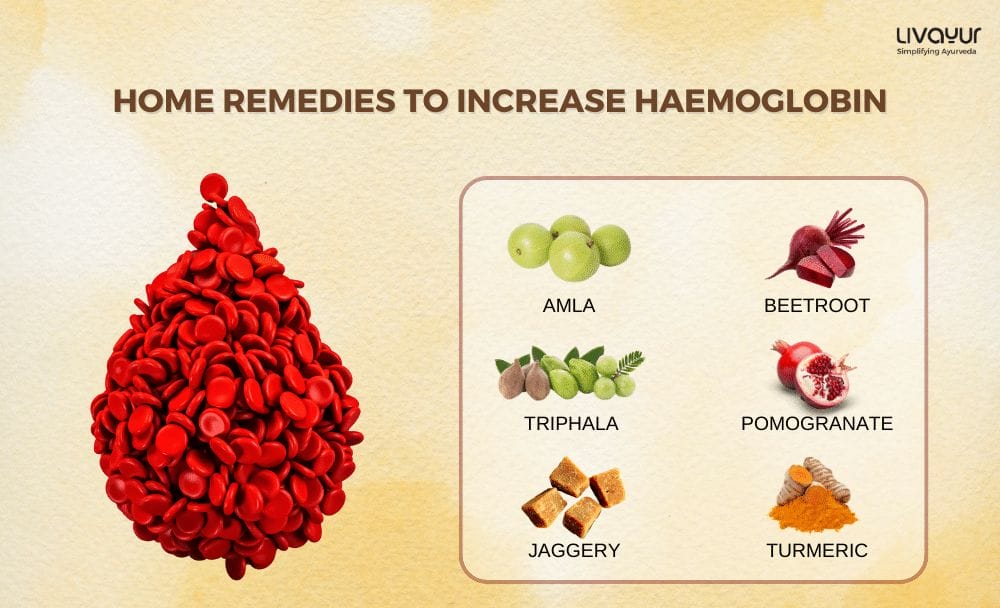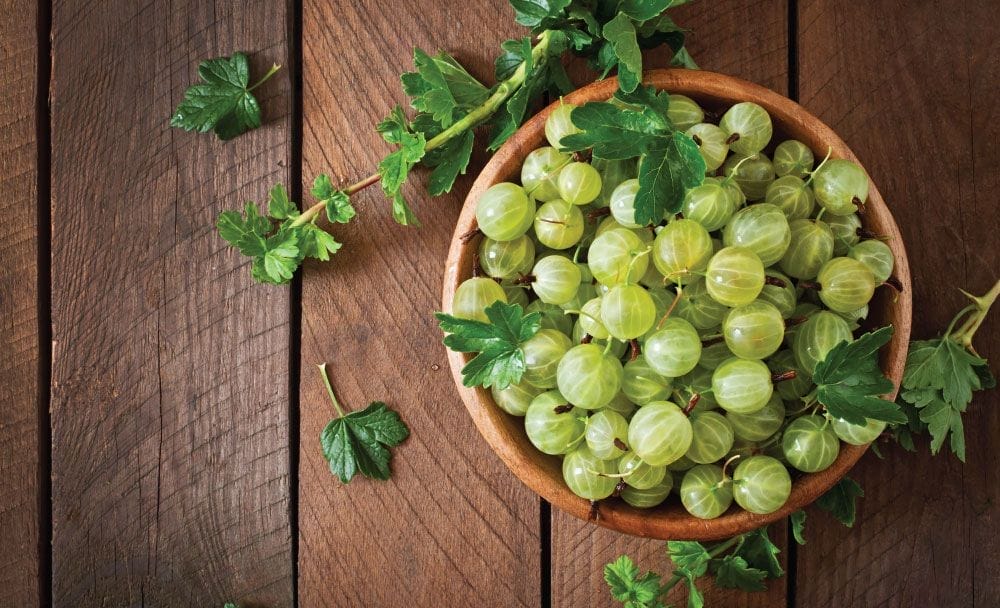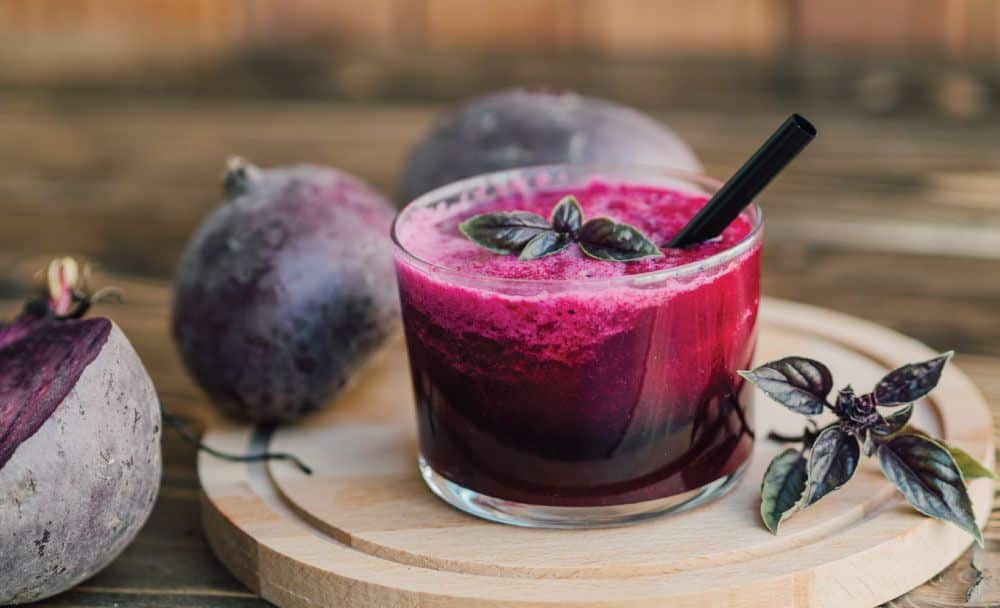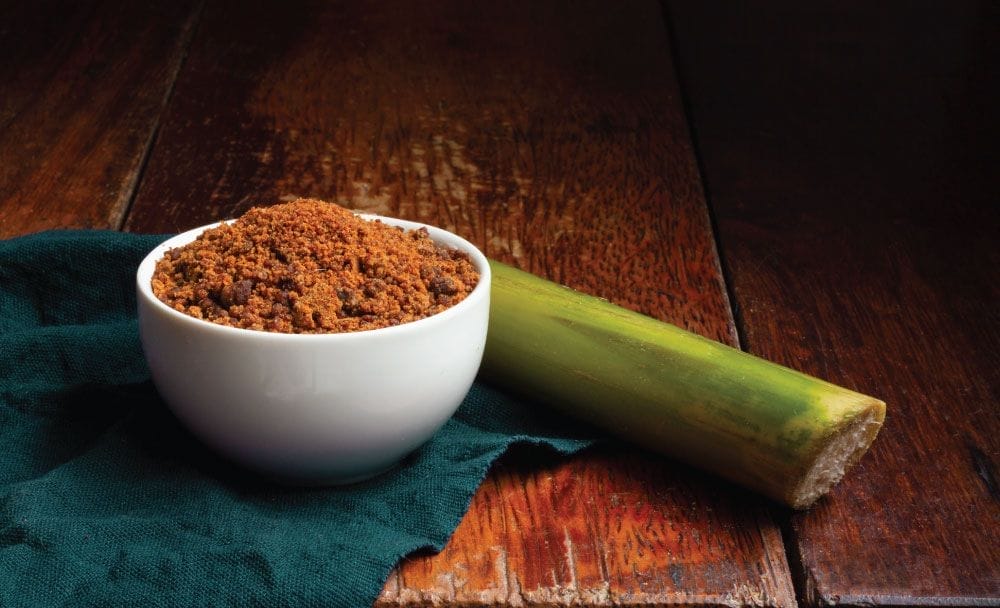
Haemoglobin is a vital component of our blood that carries oxygen from the lungs to the rest of the body. Low levels of Haemoglobin can lead to anaemia, causing fatigue, weakness, and shortness of breath. [1] Ayurvedic remedies can help increase Haemoglobin levels naturally. Here are some ayurvedic remedies commonly used in India to increase Haemoglobin levels:
12 Natural Remedies to Increase Haemoglobin
1. Draksharishta
Draksharishta is a fermented Ayurvedic tonic made from grapes, honey, and herbs. It is rich in iron and helps increase Haemoglobin levels and treat anaemia. Consuming 2-3 tablespoons of Draksharishta twice a day after meals can help improve Haemoglobin levels. [2]
2. Moringa Leaves
Moringa leaves are a rich source of iron, vitamin C, and other essential nutrients required for the production of Haemoglobin. Consuming a handful of fresh Moringa leaves or adding Moringa leaf powder to your food or drinks can help increase Haemoglobin levels. [3] [4]
3. Amla

Amla, also known as Indian gooseberry, is a rich source of vitamin C. Consuming Amla regularly can help increase the body’s ability to absorb iron, leading to an increase in Haemoglobin levels. You can consume Amla juice or eat raw Amla or Amla candy. [5] [6]
4. Blackstrap Molasses
Blackstrap molasses is a rich source of iron, vitamin B6, and other essential nutrients required for the production of Haemoglobin. Consuming a tablespoon of blackstrap molasses every day can help increase Haemoglobin levels. [7] [8]
5. Beetroot

Beetroot is a natural remedy for anaemia. It is rich in iron, folic acid, and other essential nutrients required for the production of haemoglobin. Consuming beetroot juice or adding beetroot to your salads or smoothies regularly can help increase Haemoglobin levels. [9] [10]
6. Ashwagandha
Ashwagandha is an Ayurvedic herb known for its multiple health benefits, including its ability to increase Haemoglobin levels. It helps in the production of red blood cells and improves the body’s ability to absorb nutrients like iron and folate. Consuming ashwagandha powder or capsules can help increase haemoglobin levels. [11] [12]
7. Triphala
Triphala is an Ayurvedic remedy made from three fruits: Amla, Haritaki, and Bibhitaki. It is a rich source of iron and vitamin C and helps improve digestion and absorption of nutrients. Consuming Triphala regularly can help increase haemoglobin levels. [13] [14]
8. Pomegranate
Pomegranate is a fruit rich in iron and other essential nutrients required for the production of Haemoglobin. Consuming pomegranate juice or eating the fruit regularly can help increase Haemoglobin levels. It is also rich in vitamin C, which helps in the absorption of iron. [15] [16]
9. Jaggery

Jaggery is a traditional sweetener made from sugarcane juice. It is a rich source of iron and helps increase Haemoglobin levels. Consuming a small piece of jaggery every day can help improve Haemoglobin levels. [17]
10. Turmeric
Turmeric or Haridra is a spice commonly used in Indian cuisine. It is a rich source of iron and other essential nutrients required for the production of Haemoglobin. Consuming turmeric regularly can help increase Haemoglobin levels. [18] [19]
11. Nettle (Bicchu Buti) Tea
Nettle tea is a herbal tea made from the leaves of the stinging nettle plant. It is a rich source of iron and other essential nutrients required for the production of Haemoglobin. Consuming nettle tea regularly can help increase Haemoglobin levels. [20] [21]
12. Iron Cookware
Cooking on iron cookware can help increase your iron intake. Iron cookware can transfer small amounts of iron to your food, helping you increase your Haemoglobin levels. Cooking acidic foods like tomatoes and citrus fruits in iron cookware can help increase the iron content of the food. [22] [23]
FAQs
1. Can a balanced diet help increase haemoglobin levels?
Yes, a balanced diet that includes foods rich in iron, vitamin B12, and folic acid can help increase haemoglobin levels. Foods such as red meat, poultry, fish, eggs, fortified cereals, leafy green vegetables, nuts, and seeds are good sources of these nutrients.
2. Can lifestyle changes help increase haemoglobin levels?
Yes, lifestyle changes such as regular exercise, reducing stress, and getting enough sleep can help increase haemoglobin levels. Additionally, avoiding smoking and excessive alcohol consumption can also help improve haemoglobin levels.
3. How long does it take to increase haemoglobin levels naturally?
It can take several weeks to several months to increase haemoglobin levels naturally, depending on the severity of the deficiency and the chosen method of treatment. It is important to be patient and consistent with any treatment plan.
4. Can Ayurvedic remedies help prevent anaemia?
Ayurvedic remedies that are rich in iron and other essential nutrients required for the production of haemoglobin can help prevent anaemia. However, it is important to maintain a balanced diet and consult with a doctor to ensure that you are getting adequate nutrition.
5. How can one monitor their haemoglobin levels?
Haemoglobin levels can be monitored through a blood test. It is recommended to consult a doctor or healthcare provider to determine the appropriate frequency of blood tests and to interpret the results.
Conclusion
Low Haemoglobin levels can lead to anaemia, causing fatigue, weakness, and shortness of breath. Ayurvedic remedies can help increase Haemoglobin levels naturally. It is essential to consult an Ayurvedic practitioner or doctor before trying any of these remedies as some of them may not be suitable for everyone, especially pregnant women and people with certain health conditions. It is also important to maintain a healthy and balanced diet to ensure an adequate intake of nutrients required for producing Haemoglobin.
Disclaimer: This article is from a health and wellness perspective only and does not constitute medical advice. Kindly seek the help of a trained medical practitioner before initiating any treatment.
References:
- Haemoglobin and iron: information for blood donors – Blood Donor Counselling: Implementation Guidelines – NCBI Bookshelf (nih.gov)
- Accelerated-stability-study-and-quantitative-estimation-of-piperine-in-Draksharishta.pdf (researchgate.net)
- Effect of Moringa oleifera Leaves Extract Against Hematology and Blood Biochemical Value of Patients with Iron Deficiency Anemia (jyoungpharm.org)
- The effect of moringa leaf extracton increasing hemoglobin and bodyweight in post-disaster pregnant women – ScienceDirect
- Current trends in the research of Emblica officinalis (Amla): A pharmacological perspective (researchgate.net)
- Metabolomic Analysis and Antioxidant Effect of Amla (Emblica officinalis) Extract in Preventing Oxidative Stress-Induced Red Cell Damage and Plasma Protein Alterations: An In Vitro Study | Journal of Medicinal Food (liebertpub.com)
- Sugarcane Molasses — A Potential Dietary Supplement in the Management of Iron Deficiency Anemia (researchgate.net)
- Black Strap Molasses for the Treatment of Inflammatory Bowel Disease-associated Anemia (researchgate.net)
- Effect of functional beetroot pomace biscuit on phenylhydrazine induced anemia in albino rats: Hematological and blood biochemical analysis – ScienceDirect
- ISABB Journal of Food and Agricultural Sciences – effect of red beetroot (beta vulgaris l.) intake on the level of some hematological tests in a group of female volunteers (academicjournals.org)
- Scientific basis for the therapeutic use of Withania somnifera (ashwagandha): a review – PubMed (nih.gov)
- Evaluation of antioxidant potential of Rasayana drugs in healthy human volunteers – PMC (nih.gov)
- Study of the safety of oral Triphala aqueous extract on healthy volunteers – ScienceDirect
- Scientific validation of the ethnomedicinal properties of the Ayurvedic drug Triphala: A review | Request PDF (researchgate.net)
- Protective-Role-of-an-Aqueous-Extract-of-Punica-Granatum-Pomegranate-Peel-on-Lead-Induced-Anemia-In-Rats.pdf (researchgate.net)
- Fresh Pomegranate Juice Decreases Fasting Serum Erythropoietin in Patients with Type 2 Diabetes – PMC (nih.gov)
- SciELO – Brazil – Evaluation of anti anemic prospective of natural iron sources in lactating women- an ignored important segment of Pakistani population Evaluation of anti anemic prospective of natural iron sources in lactating women- an ignored important segment of Pakistani population
- Efficacy of Turmeric as Adjuvant Therapy in Type 2 Diabetic Patients – PMC (nih.gov)
- Multitargeting by turmeric, the golden spice: From kitchen to clinic – Gupta – 2013 – Molecular Nutrition & Food Research – Wiley Online Library
- A review of the effects of Urtica dioica (nettle) in metabolic syndrome – PMC (nih.gov)
- Ordinary Plants with Extraordinary Properties (mdpi.com)
- Effect of cooking food in iron-containing cookware on increase in blood hemoglobin level and iron content of the food: A systematic review – PMC (nih.gov)
- Mineral Migration and Influence of Meal Preparation in Iro



















